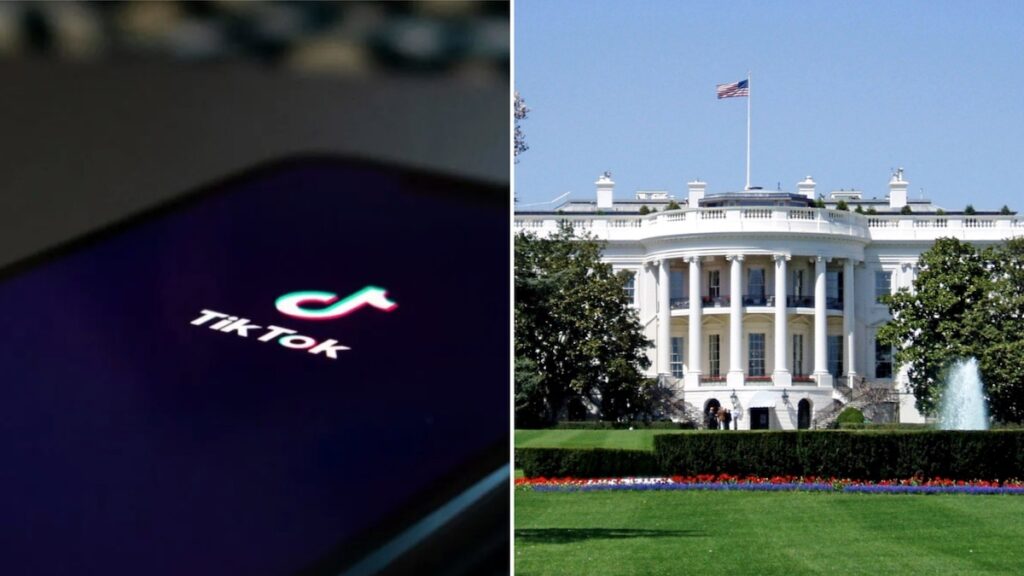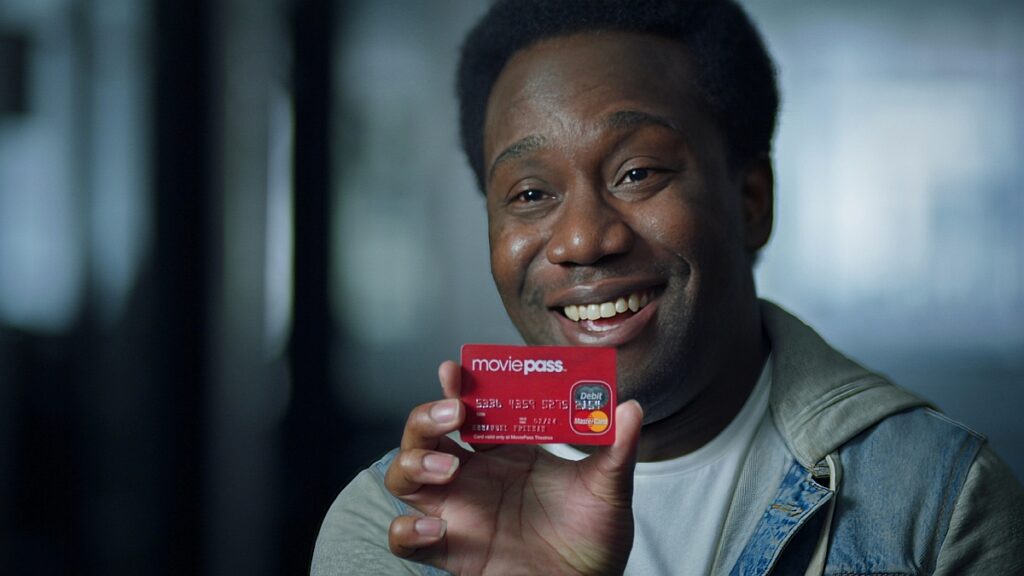How Soon Could a US TikTok Ban Go into Effect?
This week the US House of Representatives passed a bill that could lead to TikTok, the Chinese company owned by ByteDance, being banned in America. Although the potential legislation passed with strong bipartisan support (a final vote of 352-65), and President Biden has stated that he would sign the bill if it crosses his desk, lawmakers are facing pushback — and not just from TikTok users. The ACLU indicated its disagreement with the development, citing First Amendment concerns and the “millions of Americans who use the platform daily to communicate and stay informed.”
Even if the proposed TikTok ban becomes law, it is likely to face legal and enforcement challenges. Why are lawmakers concerned? What happens next? And how soon could a ban go into effect?
How and Why Are Lawmakers Trying to Ban TikTok?
While some members of the public are concerned about TikTok’s harmfulness to children, lawmakers’ primary motivation is security and intelligence. Some TikTok user data is stored in China, and international experts have said that the Chinese government could likely access that data. TikTok has been unavailable on US government devices since 2020.
The bill’s language is meant to pressure parent company ByteDance to divest themselves from TikTok. If passed, ByteDance will have five months to sell their popular product, and if they do not, the ban will go into effect.
Related Video
However, critics of the bill argue that these data concerns apply to pretty much every US tech platform, and at least some of our information is observed by America’s NSA. The last time conversations about banning the app rolled around, Caitriona Fitzgerald, Deputy Director of the Electronic Privacy Information Center, made her case with PBS, explaining, “TikTok is just one app in a vast, commercial surveillance ecosystem. TikTok, like most US tech companies, collects a huge amount of data about us both while users are on the app and via trackers on other websites, so they know what you’re reading outside the app.”
Would ByteDance Actually Sell TikTok?
China may not allow a sale. When this issue arose in 2020 during the Trump presidency, China re-tooled their content rules to ensure a place in the divestment conversation; more recently, China’s Ministry of Commerce promised to oppose US pressure on a sale.
And even if the state allowed it, ByteDance may not see much upside. While the US is their largest market, it is the only English-speaking country in the top ten. TikTok continues to see massive growth in places like Indonesia, Brazil, and even Russia, where it is currently banned but the ban is only lightly enforced.
When Would TikTok Be Banned?
While the House of Representatives acted quickly on this bill, the Senate doesn’t seem to have the same urgency. A presidential election is just months away, and an estimated 143 million Americans are TikTok users. Senate Majority Leader Chuck Schumer told CNN he wasn’t sure if the Senate would even hold a vote on the matter, which would make the House bill nothing but political theater.
According to the New York Times “Dealbook” newsletter, DC insiders are whispering about a plan to fold the TikTok bill into the National Defense Authorization Act later in 2024, which would allow President Biden to avoid signing anything until after the election.
If the Senate does pass this version of the legislation, then ByteDance would have five months to sell TikTok. If ByteDance refused to sell by the end of that period, then the ban would go into effect — unless it were delayed.
What Could Delay TikTok from Being Banned in the US?
TikTok would likely seek an immediate court injunction to halt the ban. The US government may face a number of legal obstacles, not least from its own constitution. Whether or not the First Amendment protects the free speech of TikTok or its users would be hotly debated in court. The American Civil Liberties Union, which often uses lawsuits to promote an expansive vision of free speech, is already protesting the bill.
Reporter Eriq Gardner pointed out that, on a state level, similar efforts have already failed, most recently when the state of Montana’s TikTok ban fizzled in the courts. As TikTok is a communicative platform that has transformed into a news source for many, it’s easy to argue that blocking access to the app falls under censorship.
While TikTok certainly has its insidious side (I’m thankful every day that “get ready with me” videos weren’t available when I was a pre-teen), it feels like there are more urgent issues our elected officials could be managing. Perhaps if you want people to vote for you, maybe don’t start with taking away the happy dance app.




